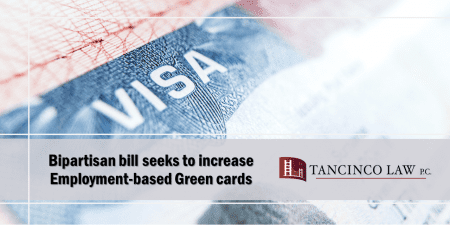In a recent development, the Biden administration has asked a federal judge in Texas to limit the scope of any ruling that could terminate the Deferred Action for Childhood Arrivals (DACA) immigration policy.
The administration argues that any ruling should only apply to Texas, since only that state has shown that it is harmed financially by DACA.
The administration also asks the judge to pause any order to terminate DACA while the government appeals any ruling against the program.
The outcome of this case is uncertain, but it could have a major impact on the lives of nearly 600,000 Dreamers.
We’re all waiting for this because a ruling against DACA would be a major setback for Dreamers and their families.
It would force Dreamers to live in fear of deportation and would make it much more difficult for them to pursue their dreams.
If you are a Dreamer or know a Dreamer, please stay informed about this case and let your elected officials know that you support DACA. The future of Dreamers hangs in the balance.
Here are some additional details about the case:
- The case is being brought by a coalition of Republican-led states led by Texas.
- The coalition argues that DACA is unlawful because it was created by executive action and not by Congress.
- The Biden administration argues that DACA is lawful and that it is in the best interests of the United States to continue the program.
- The judge has not yet issued a ruling in the case as of May 2023
What you can do:
- Stay informed about the case.
- Contact your elected officials and let them know that you support DACA.
- Donate to organizations that are working to protect Dreamers.
- Volunteer your time to help Dreamers.
Dreamers are our neighbors, our friends, and our family members. They are an important part of our communities.
If you or anyone you know need further help, contact a trusted immigration lawyer today.






